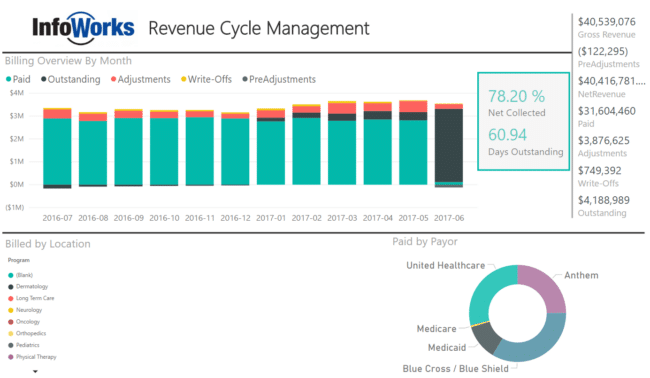Learn from Allied Statisticians Who Turned the Tide in WWII with Data-Driven Insights
Three years into the Second World War, the devastating toll on humanity had reached unimaginable proportions. Friend and foe alike waited with bated breath for any hope that the fighting would finally cease, but, while the eyes of the world focused on the battle ensuing in the front stage of the European and Pacific Theaters, another battle raged on behind the scenes.
This battle, waged on ingenuity and wit, produced some of the most impactful developments in the war, including advanced radar, code-cracking, and, most notably, the atomic bomb. Yet there’s a lesser known story of unsung heroes. It was the Allied statisticians who helped turn the tide against Germany from seemingly extraneous data!
While this seems like a story from statistical antiquity, it offers plenty of salient lessons for companies seeking to improve their use of data and create data-driven strategies. It demonstrates the transformative potential of effective data management.
Statisticians: The Unsung Heroes of WWII
At this time in 1942, the Allies were scheming for how to reclaim the European mainland; however, their high command was concerned about the industrial might of the German war machine.
One important metric was the production rate of German Panzer tanks. Traditional intelligence estimated the production to be around 1,400 tanks per month. The statisticians felt differently.
Fortunately, the German production lines were very organized, with each new tank receiving a sequential serial number. When tanks were destroyed or captured, the Allies would often retrieve parts with serial number markings on them. Based on the assumption that the serial numbers came from a random sample, the statisticians were able to make predictions about the total number of tanks produced.
An example of this in today’s world would be customer numbers assigned at your local deli counter. If the attendant calls out numbers 13, 19, 7, 10, and 22, you can reasonably assume there aren’t 100 people waiting in line.
With this knowledge, the statisticians applied R.A. Fisher’s estimation of maximum likelihood and determined that the Germans were likely producing 256 tanks per month – a far cry from the 1,400-tank estimate that was originally predicted!
Years after the war ended, German production records validated that the statisticians’ prediction was nearly perfect. The actual monthly production was 255 tanks!
Benefits of Data-Driven Prediction Models
A data-driven prediction method allowed Allied forces to:
- more strategically allocate resources and avoid waste.
- better target their offensives to disrupt German supply lines.
- instill confidence and boost morale within the Allied forces.
Was it the data-driven decision making based on information provided by the data scientists that turned the tide of the war? There’s no doubt that the impact became increasingly important in the later stages of the war when Britain was depleted and American industrial might was being pushed to its limits.
This business success story emphasizes why a data-driven approach is essential in today’s business environment. Seemingly insignificant data might yield tremendous insights and a competitive advantage.
Moreover, it underlines the importance of specialized expertise in moments of great consequence. While the statisticians of World War II didn’t have the luxury of ensuring the veracity of their data-driven predictions, modern data analysts have both the luxury and responsibility to do so.
So whether you’re orchestrating a battle that could alter the course of history or leading a new startup in uncertain times, the principles of data analysis can – and often do – spell the difference between defeat and victory.
Adopt a Data-Driven Business Strategy
Our data analysts at InfoWorks bring a deep understanding of the fundamental concepts and emerging trends in data-driven business strategy. Get in touch if you’d like to speak with our team about leveraging business data to drive strategic decisions and grow revenue.




